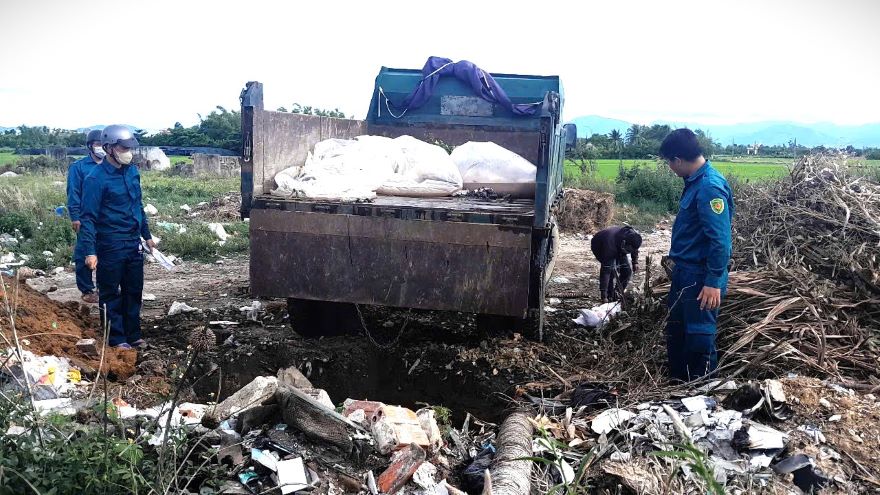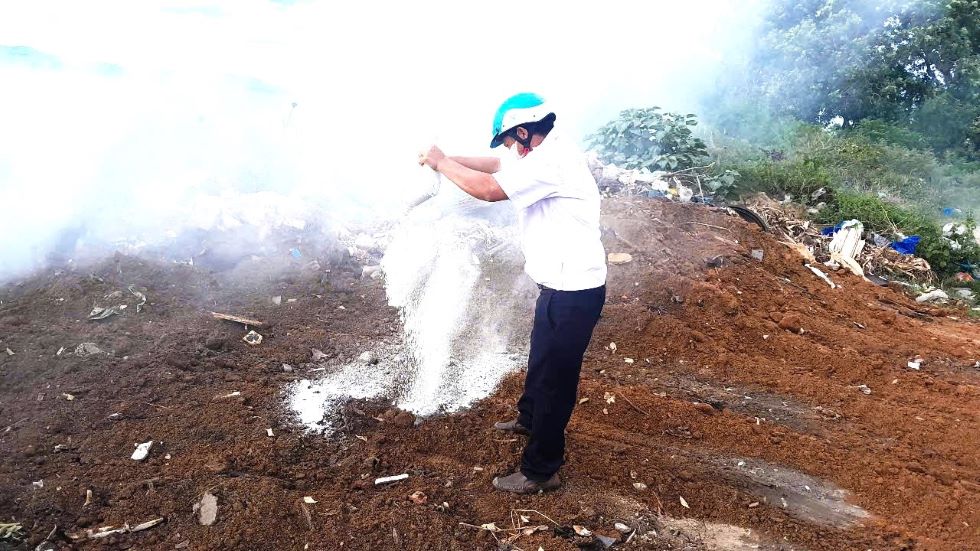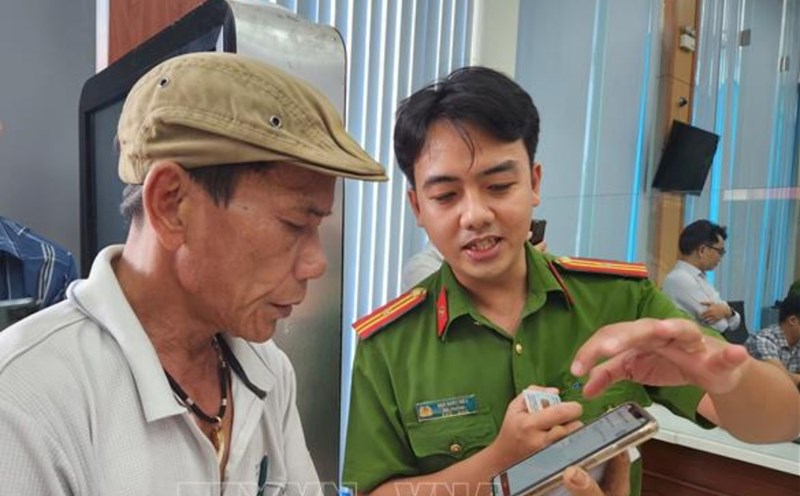According to statistics from the Department of Animal Husbandry and Veterinary Medicine of Dak Lak province, from the beginning of 2025 to July 30, African swine fever occurred in 44 households in 26 villages in Dak Lak province.
Up to now, 256 pigs have died and been destroyed, with a total weight of up to 15,271 kg.
In the province, there are currently 17/102 communes and wards recording epidemics, of which 7 wards/communes have had the disease for less than 21 days.

In the face of complicated epidemics, the functional sector has implemented many solutions to prevent widespread spread.
Mr. Nguyen Van Minh, Head of the Department of Animal Husbandry and Veterinary Medicine of Dak Lak province, said that the unit has advised the Department of Agriculture and Environment to submit to the Provincial People's Committee to issue Official Dispatch No. 002 dated July 25, 2025.
This telegram aims to implement drastic solutions to prevent and control African swine fever, according to the direction of the Prime Minister.
At the same time, the Head of the Department of Animal Husbandry and Veterinary Medicine of Dak Lak province advised the Department of Agriculture and Environment to coordinate with localities to deploy a number of urgent solutions.
Accordingly, Livestock and Veterinary Stations and local authorities are required to proactively monitor the epidemic situation, ensure early detection and timely handling of outbreaks.
The relevant agencies guided the construction of animal disease safety facilities and the establishment of working groups to monitor and inspect disease prevention in key localities.
In addition, the Department of Animal Husbandry and Veterinary Medicine is reviewing to advise on the use of vaccines and chemicals to immediately deploy epidemic prevention activities.
Mr. Nguyen Van Minh added that there are still a part of the people who do not comply with regulations on destruction when the pigs die.
The situation of pig carcasses thrown into the environment still occurs, which not only causes pollution but also increases the risk of spreading African swine fever.
In the context of the complicated epidemic, the provincial Department of Animal Husbandry and Veterinary Medicine recommends that farmers import breeding pigs of clear origin and comply with the quarantine process when entering the herd.
Providing adequate vaccination, cleaning the barn, providing nutritious feed to improve the resistance of livestock.
Do not transport, trade or consume pigs and pig products of unknown origin. Check daily to promptly detect any unusual signs.
When there are pigs suspected of being sick, they should immediately report to the authorities.

African swine fever in Dak Lak province is posing a major challenge for the livestock industry.
The synchronous implementation of disease prevention measures is very necessary to protect the pigs and ensure the safety of farmers.
In particular, close coordination between authorities and people is a decisive factor in effective epidemic prevention.











